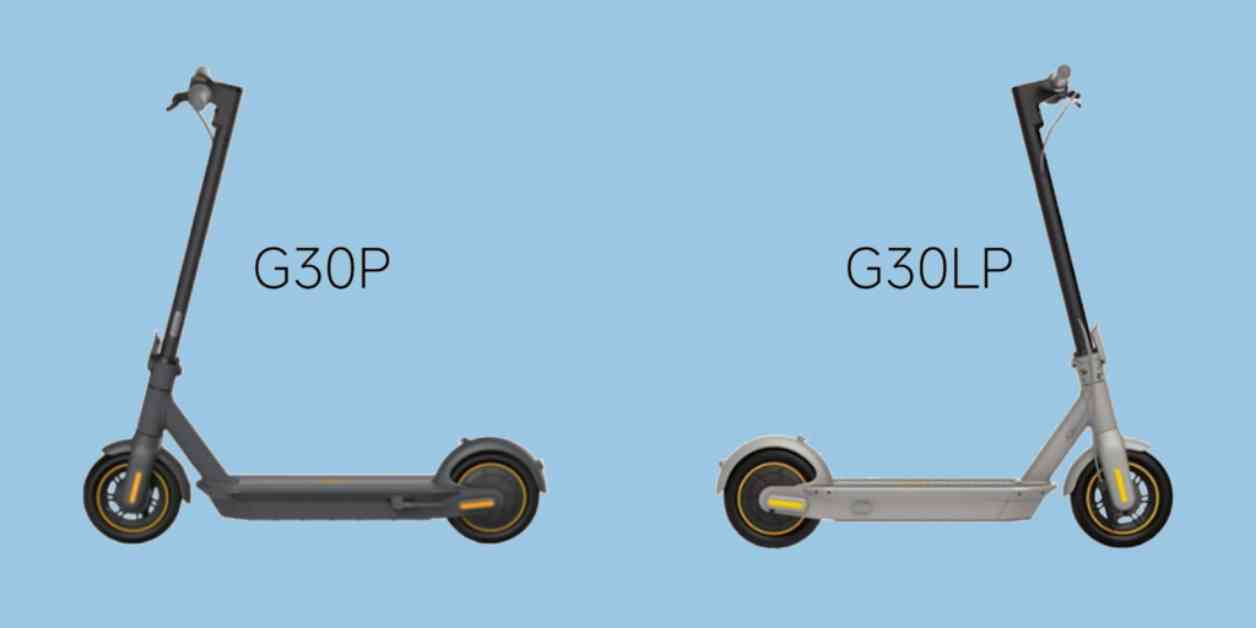Segway Recalls 220K Scooters: A Safety Concern for Riders
Segway, a well-known brand in the scooter industry, is making headlines for all the wrong reasons. The company is recalling approximately 220,000 of its scooters that were sold throughout the United States. The reason behind this massive recall is a significant fall hazard that has led to user injuries, ranging from minor bruises to severe broken bones. This safety concern has prompted the U.S. Consumer Product Safety Commission to issue a notice, warning consumers about the potential risks associated with Segway’s Ninebot Max G30P and Max G30LP KickScooters.
The Fall Hazard: What Went Wrong?
The heart of the issue lies in the folding mechanism of these popular scooters. During normal use, this mechanism can fail unexpectedly, causing the handlebars or stem of the scooters to collapse. Such a sudden collapse can lead to serious injuries, as highlighted by the Consumer Product Safety Commission. The recall notice, published recently, sheds light on the alarming number of incidents reported by Segway users. A total of 68 cases of folding mechanism failures have been documented, with 20 resulting in injuries that range from minor abrasions and bruises to more severe lacerations and broken bones.
Segway’s Response: A Call to Action
In response to this safety issue, Segway is urging all consumers who own these affected scooters to cease using them immediately. The company is offering a free maintenance kit that includes essential tools and step-by-step instructions to inspect and adjust the scooters’ locking mechanism. According to Segway, regular checks and tightening of the folding mechanism may be necessary over time, depending on riding conditions. The company emphasizes that this maintenance process is crucial for preventing future accidents and ensuring rider safety. It’s worth noting that this initiative does not involve any returns or replacements of the scooters.
In response to this safety issue, Segway is urging all consumers who own these affected scooters to cease using them immediately. The company is offering a free maintenance kit that includes essential tools and step-by-step instructions to inspect and adjust the scooters’ locking mechanism. According to Segway, regular checks and tightening of the folding mechanism may be necessary over time, depending on riding conditions. The company emphasizes that this maintenance process is crucial for preventing future accidents and ensuring rider safety. It’s worth noting that this initiative does not involve any returns or replacements of the scooters.
The Recall Details: Where and When
The recalled Segway scooters were manufactured in China and Malaysia and distributed through various retail channels across the U.S. Consumers could purchase these scooters from popular stores such as Best Buy, Costco, Walmart, Target, and Sam’s Club, as well as online through Segway’s official website and Amazon. The affected scooters were available for sale between January 2020 and February 2025, with prices ranging from $600 to $1,000. If you or someone you know owns one of these scooters, it’s essential to take immediate action to ensure rider safety and prevent any potential injuries.
As the safety and well-being of riders remain a top priority, Segway’s proactive approach to addressing this issue is commendable. By offering a comprehensive maintenance kit and raising awareness about the potential risks associated with their scooters, the company is taking necessary steps to protect its customers. If you are a Segway scooter owner, don’t hesitate to reach out to the company for assistance and follow the recommended safety guidelines. Remember, your safety is paramount when enjoying the convenience and thrill of riding a scooter. Stay safe, stay informed, and keep on rolling!














